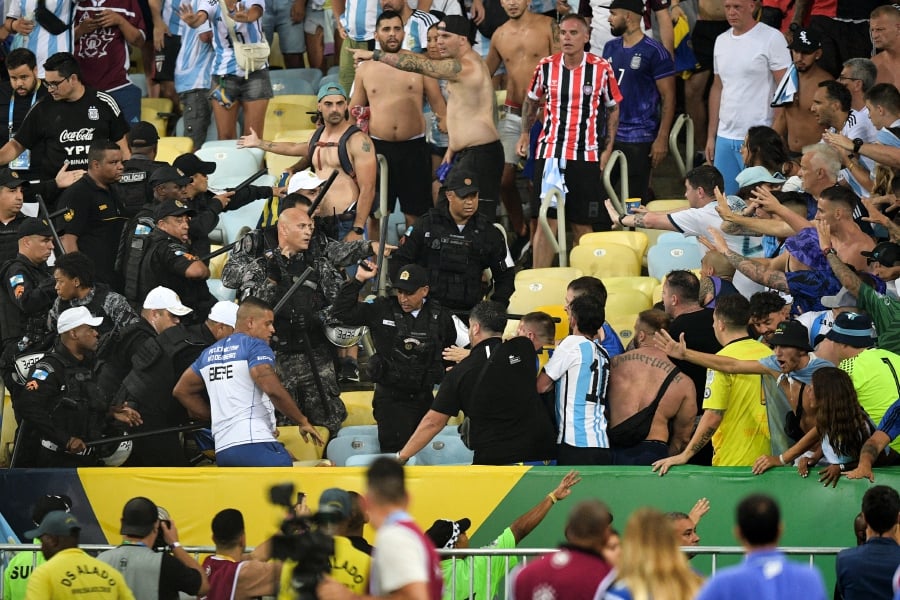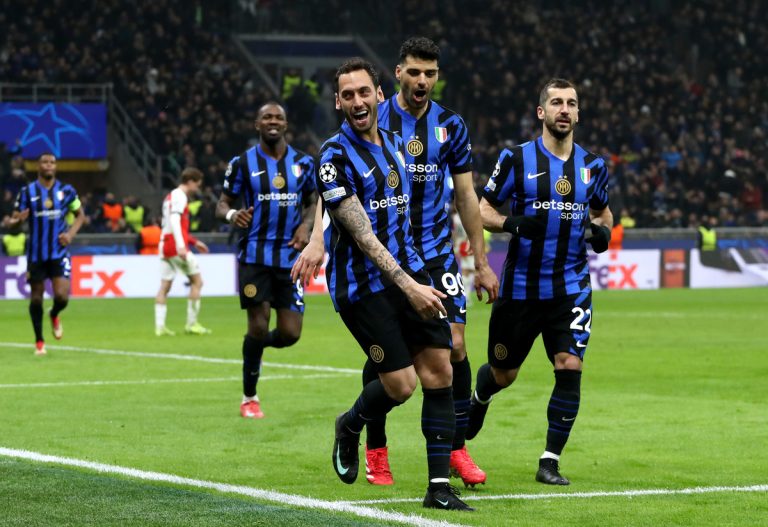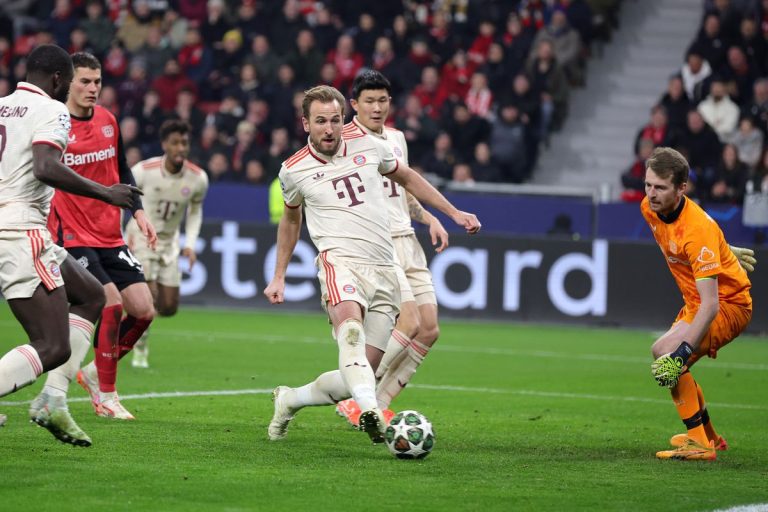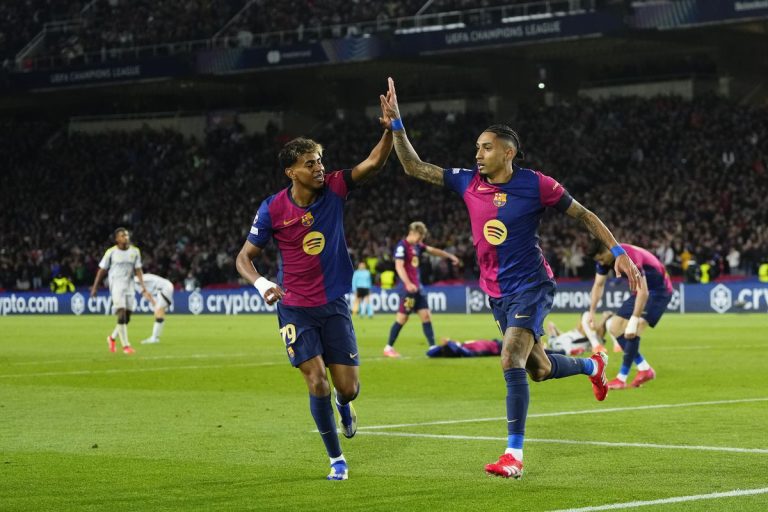The 2026 World Cup qualifying match between Brazil and Argentina at the Maracana Stadium, Rio de Janeiro, has been in the spotlight not only because of the action on the field, but also because of a riot incident in the stands which was allegedly triggered by racist comments from Argentina fans towards Brazil fans.
The match was supposed to start as scheduled, but kick-off was delayed due to a commotion in the stands between supporters of the two teams. This conflict reached a critical point, resulting in the Brazilian police having to intervene to defuse the situation. The repressive measures taken by the police, including the use of force, sparked controversy and increased tensions inside the stadium.
Alleged racist comments from Argentina fans to Brazil fans were the main trigger for the commotion. The action of throwing harsh words at each other, accompanied by incidents of racial insults, created a very unconducive atmosphere.
A Rio de Janeiro court judge immediately took legal action by ordering the preventive detention of one of the Argentina fans suspected of committing racial insults. The judge’s decision emphasized the seriousness of the acts, calling them “serious, repeated crimes.” The penalty for hate crimes in Brazil can be up to 2-5 years in prison.
The Argentine national team waited for the situation to calm down before returning to the field. The match finally started and ended in a 1-0 win for Argentina. However, the incident in the stands and the resulting legal consequences highlight a serious, wider problem in football, namely racial conflict and security among supporters.
In addition to the fan accused of racism, 17 other Argentina fans were detained for causing disturbances during the match and insulting security forces. This shows that the enforcement of rules and legal action will be applied fairly against anyone involved in the incident.
The incident at the Maracana Stadium created a reflection on the need for further efforts to prevent violence and racism in football. Football Federations, security forces and relevant authorities need to work together to create a safe and inclusive environment within stadiums, ensuring that supporters can enjoy matches without fear of conflict or discrimination.
















